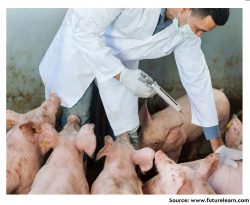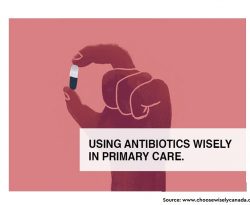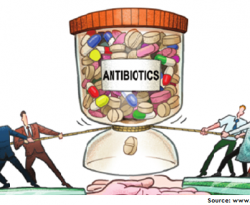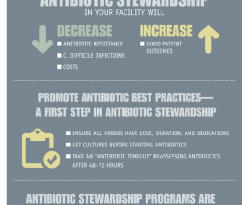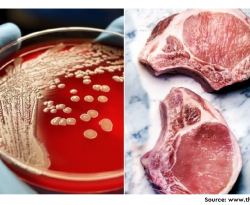From the Farms to the Dining Table: The Distribution and Molecular Characteristics of Antibiotic-Resistant Enterococcus spp. in Intensive Pig Farming in South Africa
Access to enough safe and nutritious food is key to sustaining life and promoting good health. Thus, food safety seems to be the major point of concern and the reason behind foodborne diseases must be looked at carefully. The more concerning issue is the development of non-responsiveness of these disease-causing…



